
The Bitter Side of Sugar
1/15
Sugar is sweet, but too much of it can sour your health. Whole foods like fruits, veggies, dairy, and grains have natural sugars. Your body digests those carbs slowly so your cells get a steady supply of energy. Added sugars, on the other hand, come in packaged foods and drinks. Your body does not need any added sugars.

How Much Is Too Much?
2/15
The American Heart Association recommends no more than 6 teaspoons (25 grams) of added sugar a day for women and 9 teaspoons (36 grams) for men. But the average American gets way more: 22 teaspoons a day (88 grams). It’s easy to overdo. Just one 12-ounce can of regular soda has 10 teaspoons of sugar — and no nutritional benefit.

Harm: Weight Gain
3/15
Sugar-sweetened beverages are a big source of added sugars for Americans. If you drink a can of soda every day and don’t trim calories elsewhere, in three years you’d be 15 pounds heavier. Putting on too much weight can lead to problems like diabetes and some cancers.

Harm: Heart Disease
4/15
One in 10 Americans gets 1/4 or more of their daily calories from added sugar. If you eat that much, one study found that you’re more than twice as likely to die from heart disease than someone who gets less than half as much. It’s not clear why. It could be that the extra sugar raises your blood pressure or releases more fats into the bloodstream. Both can lead to heart attack, stroke, and other heart diseases.

Harm: Diabetes
5/15
Sugary drinks in particular can boost your odds for type 2 diabetes. That can happen because when sugar stays in your blood, your body may react by making less of the hormone insulin, which converts the food you eat into energy. Or the insulin doesn’t work as well. If you’re overweight, dropping even 10-15 pounds can help you manage your blood sugar.

Harm: High Blood Pressure
6/15
Usually, salt gets the blame for this condition, also called hypertension. But some researchers say another white crystal — sugar — may be a more worrisome culprit. One way they believe sugar raises blood pressure is by making your insulin levels spike too high. That can make your blood vessels less flexible and cause your kidneys to hold onto water and sodium.

Harm: High Cholesterol
7/15
Sugary diets are bad for your heart, regardless of how much you weigh. They can:
- Raise your so-called “bad” (LDL) cholesterol and lower the “good” (HDL) kind.
- Hike blood fats called triglycerides and hinder the work of an enzyme that breaks them down.

Harm: Liver Disease
8/15
Most packaged foods, snacks, and drinks are sweetened with fructose, a simple sugar from fruits or veggies like corn. Your liver turns it into fat. If you regularly pump fructose into your body, tiny drops of fat build up in your liver. This is called non-alcoholic fatty liver disease. Early diet changes can reverse it. But over time, swelling and scarring can damage your liver.

Harm: Cavities
9/15
You know sugar rots your teeth. How? It feeds the bacteria in your mouth, which leave behind acid that wears away your tooth enamel. Sugary drinks, dried fruits, candy, and chocolate are common offenders. Sour candies are among the worst. They’re almost as acidic as battery acid! If you eat tart treats, rinse your mouth with water afterward or drink some milk to neutralize the acid.

Harm: Poor Sleep
10/15
Too much sugar during the day can mess with your blood glucose levels and cause energy spikes and crashes. You may struggle to stay awake at work or doze off in class at school. In the evenings, a bowl of ice cream or cookies can pump you with sugar that can wake you up at night. It also can cut short the time you’re in deep sleep. So you may not wake up feeling refreshed.

Possible Harm: ADHD
11/15
It’s a common perception that sugar worsens the symptoms of attention deficit hyperactivity disorder. But the link is unproven. More studies knock down the theory that sugar causes or worsens ADHD than support it. We don’t know exactly what leads to ADHD, but your genes probably play a large role.

Harm: Mood Problems
12/15
Feeling down? Your sweet tooth may be part of the problem. Several studies have linked sugar and mental health problems. One of the latest showed that men who ate more than 66 grams of sugar a day — almost double what’s recommended — were 23% more likely to be diagnosed with anxiety or depression than men who ate 40 grams or less. Too much sugar could fuel depression through swelling, or inflammation, in your brain, which is more common in people with depression.

Harm: Gout
13/15
You may know that you can get this painful arthritis from eating too much red meat, organ meats, and lobster. The same goes for fructose. It can make uric acid build up in your blood, which in turn forms hard crystals in your big toe, knees, and other joints.

Harm: Kidney Stones
14/15
You get these when chemicals in your pee turn into solid crystals. Your body flushes out some kidney stones without much pain. Others can get stuck in your kidney or another part of your plumbing and block urine flow. Too much fructose — from table sugar, high-fructose corn syrup, or processed foods — raises your chances for kidney stones.

Harm: Aging
15/15
Sugary drinks may add years to your biological age. DNA called telomeres cap the end of your chromosomes to protect them from damage. Longer is better. Shortened telomeres may go hand in hand with age-related diseases like diabetes. One study found that people who drink 20 ounces of soda a day have shorter telomeres. Researchers figure that’s like adding more than 4 years to the age of your cells.
Show Sources
Share on Facebook Share on Twitter Share on Pinterest Email
© 2020 WebMD, LLC. All rights reserved. View privacy policy and trust info
Scroll Down for the Next Article
From WebMD


Sign up for our free Diabetes Newsletter
Get doctor-approved health tips, news, and more.
By clicking “Subscribe,” I agree to the WebMD Terms and Conditions and Privacy Policy. I also agree to receive emails from WebMD and I understand that I may opt out of WebMD subscriptions at any time.
Health Benefits of Cinnamon
Reviewed by Melinda Ratini, DO, MS on November 06, 2020

What Is It?
1/12
Cinnamon, from the bark of the cinnamon tree, has long been used as both a spice and a traditional medicine. As a supplement, you’ll find it in capsules, teas, and extracts. So far, doctors don’t recommend it for any health issues. Although research suggests interesting possibilities, there’s more work to be done.
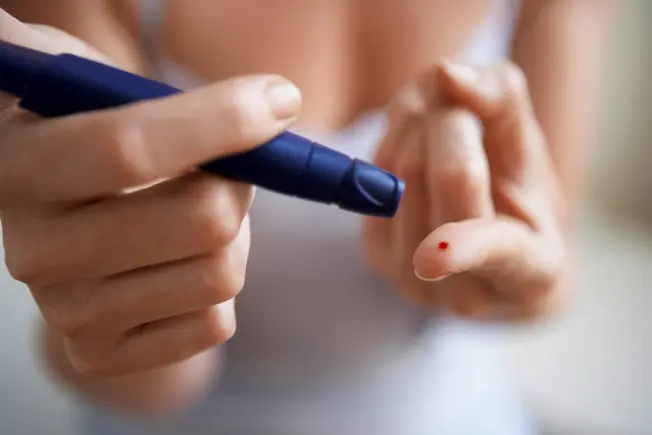
Lower Blood Sugar
2/12
Several studies of adults and animals with diabetes have found that cinnamon can help lower blood sugar, though others haven’t shown similar results. Scientists still don’t know how cinnamon may work. It’s also unclear how much you would take and how long the results might last.
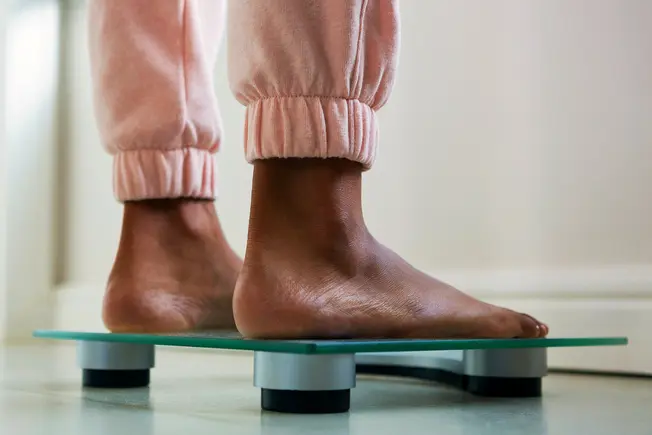
Boost Metabolism
3/12
An essential oil in cinnamon called cinnamaldehyde can target your fat cells and make them burn more energy, according to a lab study. This is exciting news for anyone trying to lose weight, but the research is still in the early stages. We have a long way to go.

Great Skin
4/12
Search the internet for “cinnamon face mask” and you’ll find plenty of DIY recipes that claim they’ll fight pimples and redness. There’s very little to back this up — just one small study that found Ceylon cinnamon, specifically, can fight the types of bacteria known to cause acne. Another small lab study suggests that cinnamon can boost collagen production, which might help your skin look younger.

Help Treat Cancer
5/12
In studies using animals or cells grown in labs, cinnamon has shown promise for its ability to slow cancer growth and even kill tumor cells. We need well-run studies of humans to know what role, if any, cinnamon could play in curing or preventing cancer.
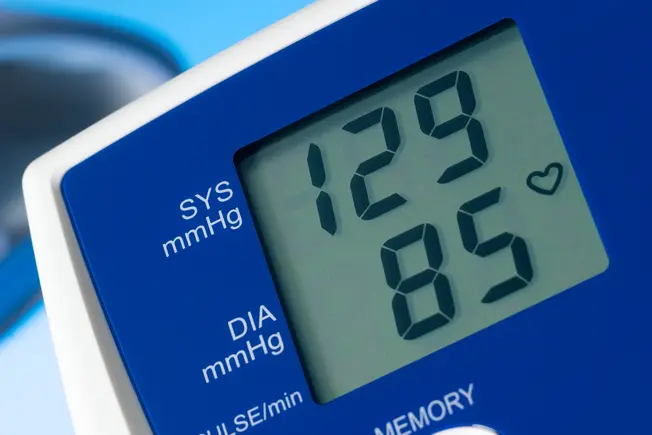
Lower Blood Pressure
6/12
Several studies suggest that eating cinnamon every day for 3 months can bring your systolic blood pressure (the top number) down by as much as 5 points. Larger studies are needed to check things like does it really work, how much to eat to get the best results, and how long the effect lasts. And since these were people who had prediabetes and type 2 diabetes, we don’t know if cinnamon has the same effect when you don’t have blood sugar issues.

Protect Your Brain
7/12
In a lab setting, cinnamon stopped the buildup of a brain protein that’s a hallmark of Alzheimer’s disease. In another study, rats who had cinnamon did better in a water maze designed to test their memory. Of course, we need to see if these findings carry over when tested on humans.
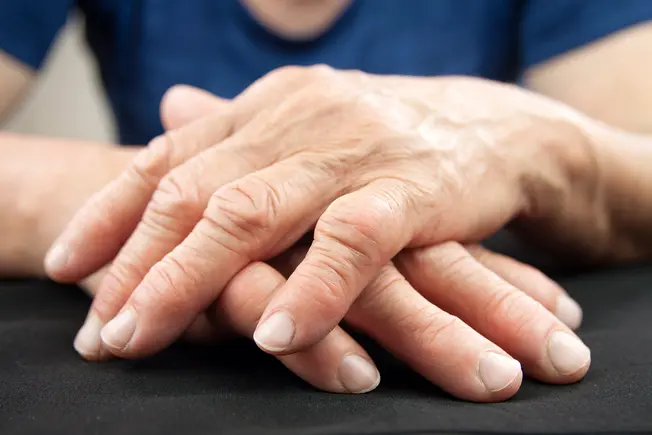
Reduce Inflammation
8/12
It turns out that cinnamon was a top inflammation-fighter in a recent laboratory study that looked at 115 foods. Since inflammatory diseases like rheumatoid arthritis become more common as you age, more research could support using cinnamon as a natural remedy for older adults to help with these types of conditions.
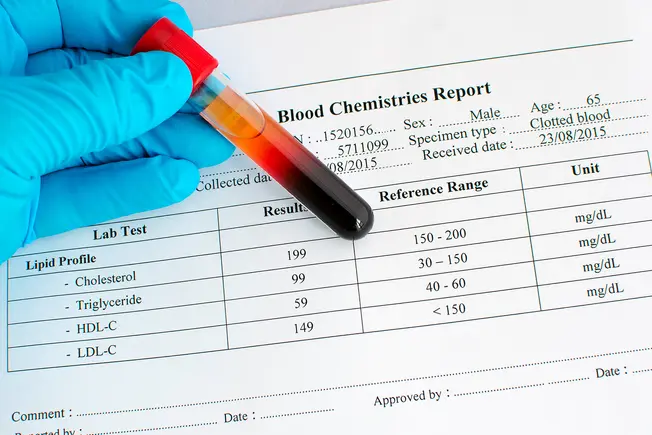
Lower Cholesterol
9/12
When 60 adults in a small study ate about 1/4 teaspoon of cinnamon every day for 40 days, their LDL (“bad”) cholesterol went down. Other research has found that similar amounts of cinnamon, eaten daily for up to 18 weeks, can lower LDL and total cholesterol while raising HDL (“good”) cholesterol. But it’s too early to recommend cinnamon as a treatment for high cholesterol.
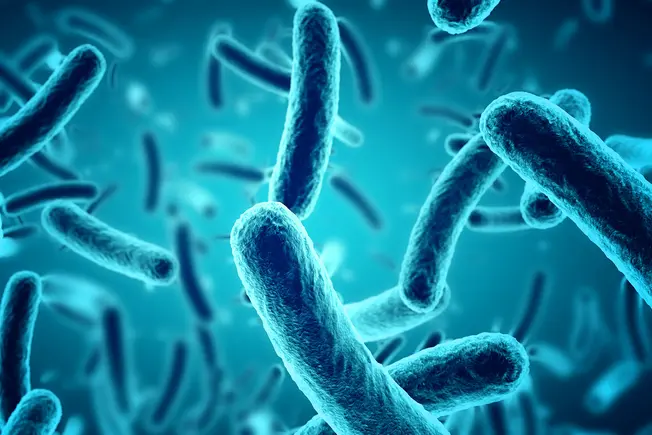
Fight Bacteria
10/12
Cinnamon can fight many types of bacteria that make people sick, including salmonella, E. coli, and staph. Perhaps it could be used as a natural preservative in foods and cosmetics.
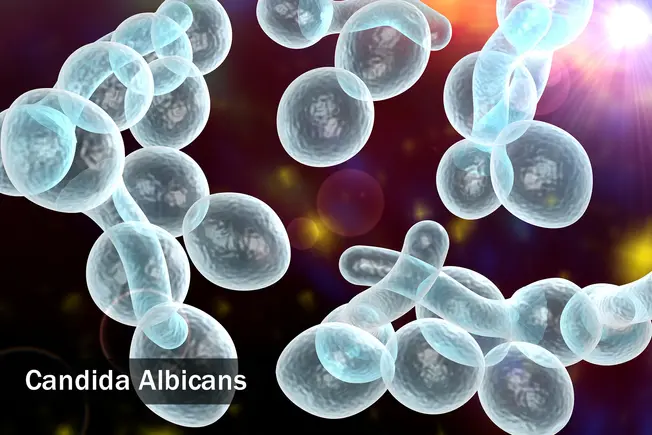
Get Rid of a Yeast Infection
11/12
It seems cinnamon has the power to destroy the fungus Candida albicans, which causes most vaginal yeast infections. At least, it works in the lab. It’s not clear how — or even if you could — use cinnamon to fight off or treat a yeast infection.

Regulate Menstrual Cycles for PCOS
12/12
While taking a dose of 1.5 grams (about 1/2 teaspoon) of cinnamon each day for 6 months, women with polycystic ovary syndrome in one small but well-designed study had more regular periods. Their insulin resistance and androgen levels didn’t change, though.